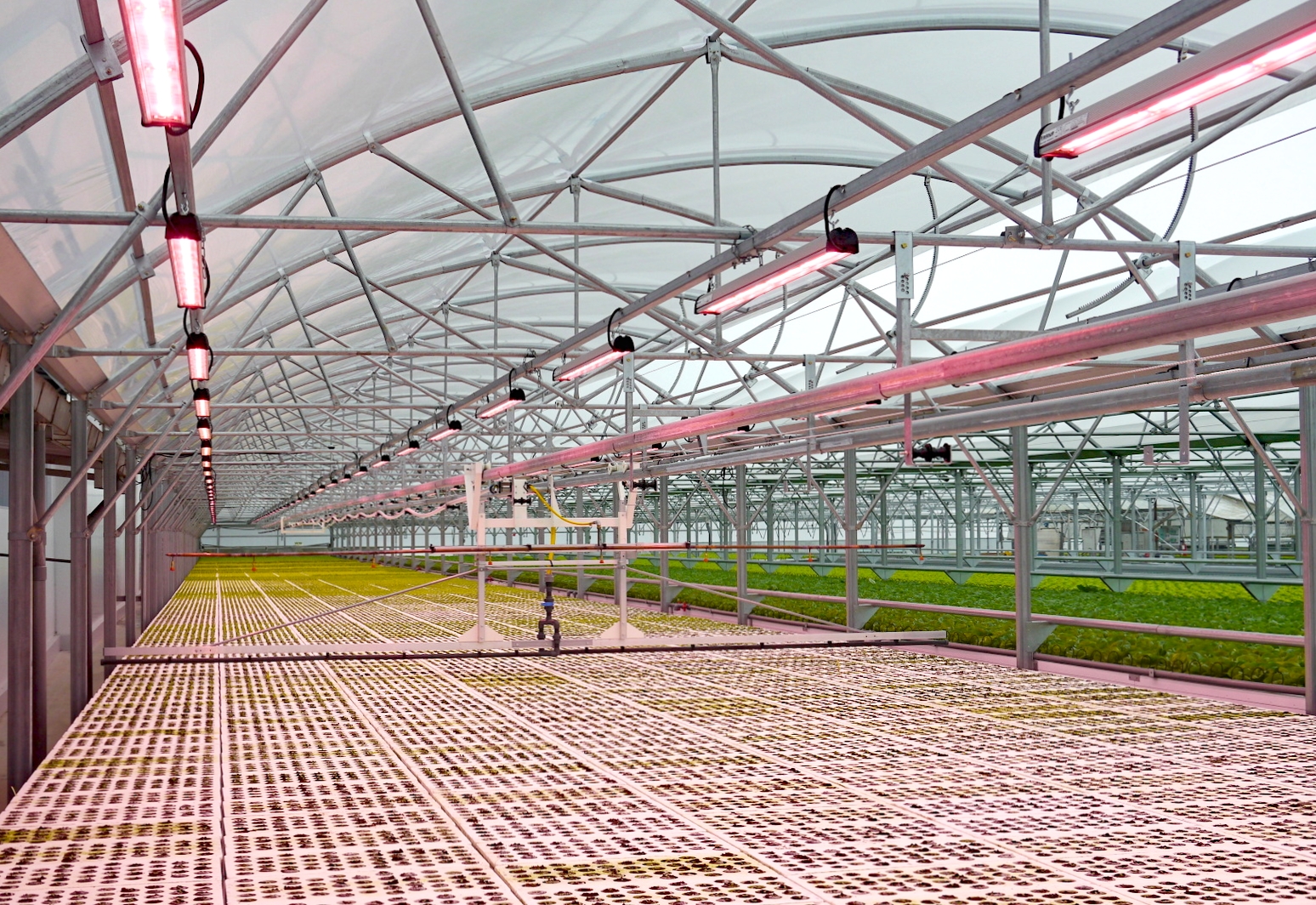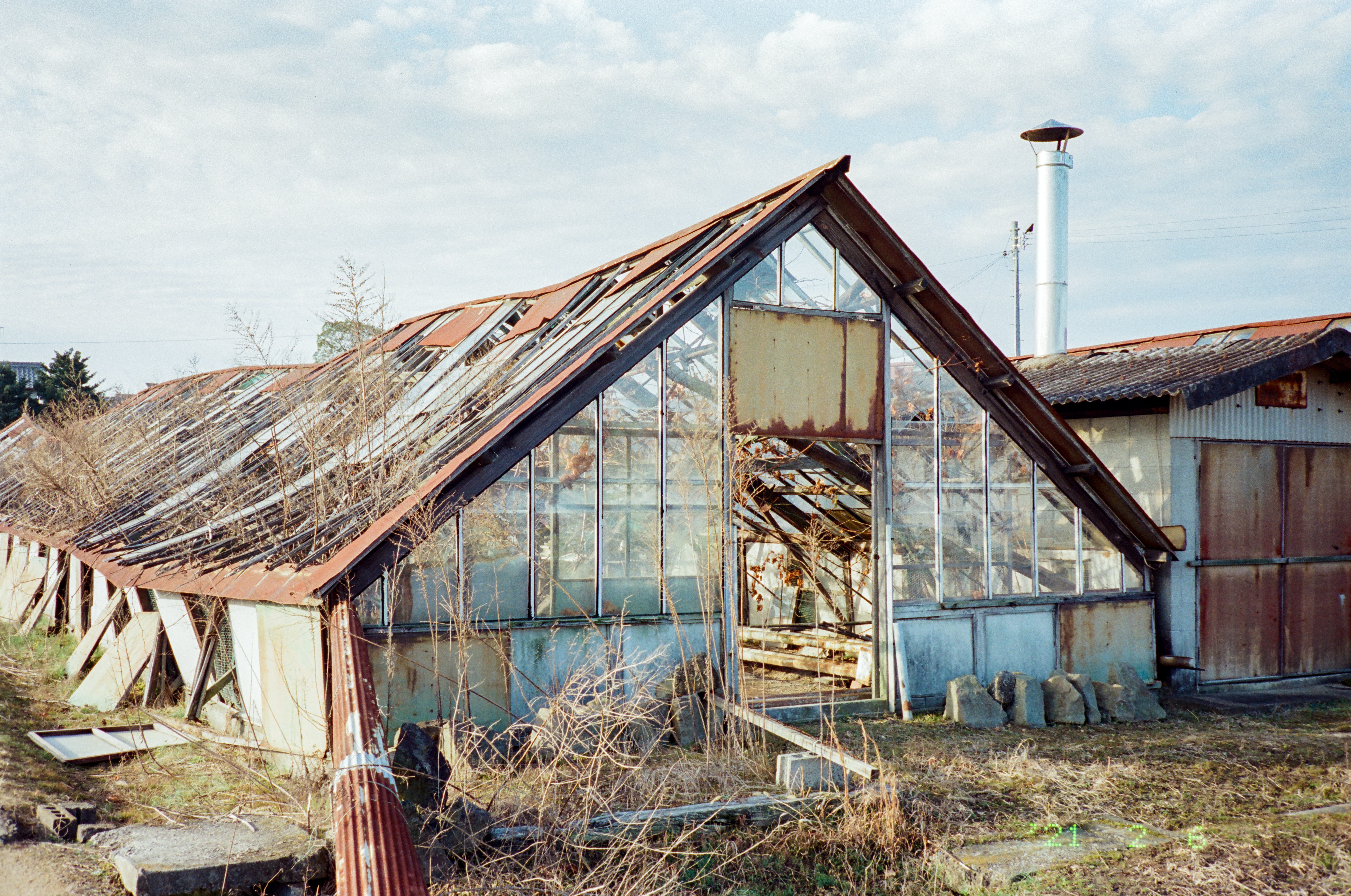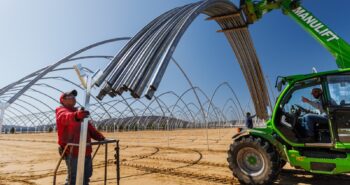This post is also available in: ![]() English
English ![]() Français (French)
Français (French)
Introduction
The word collapsology is a neologism that draws its origin from the Latin collapsus which means to collapse, to sag, to collapse. It has been cited on several occasions by the agricultural engineer Pablo Servigne and Raphaël Stevens an expert on the study of resilience in their book “How everything can collapse. Small manual of collapsology for the use of present generations” published in 2015 in France.
This current line of thought is based on the principle that our current systems are approaching their limit, in particular the production and consumption of energy with the end of oil. Our model is obsolete, the car is in accelerated mode we can not brake or change direction (locks are everywhere). We are moving towards a great upheaval, a collapse of our current way of life. According to some experts, it will happen somewhere in the 2030s:
![Recommandé] L'effondrement global est-il imminent ? Par Graham Turner](https://www.les-crises.fr/wp-content/uploads/2017/10/1379496921-Futurism-Got-Corn-graph-631-thumb.jpg)
Collapsology sums up the confluence of all crises (climatic, ecological, economic, health, etc.) with particular reference to ancient populations such as the Mayans, Aztecs, Egyptians and even the Romans. All crises are intra and interconnected with chain reactions that will be felt around the world.
However, we do not know what will cause this collapse. This change of state will be a phase of transition and adaptation for the human species.
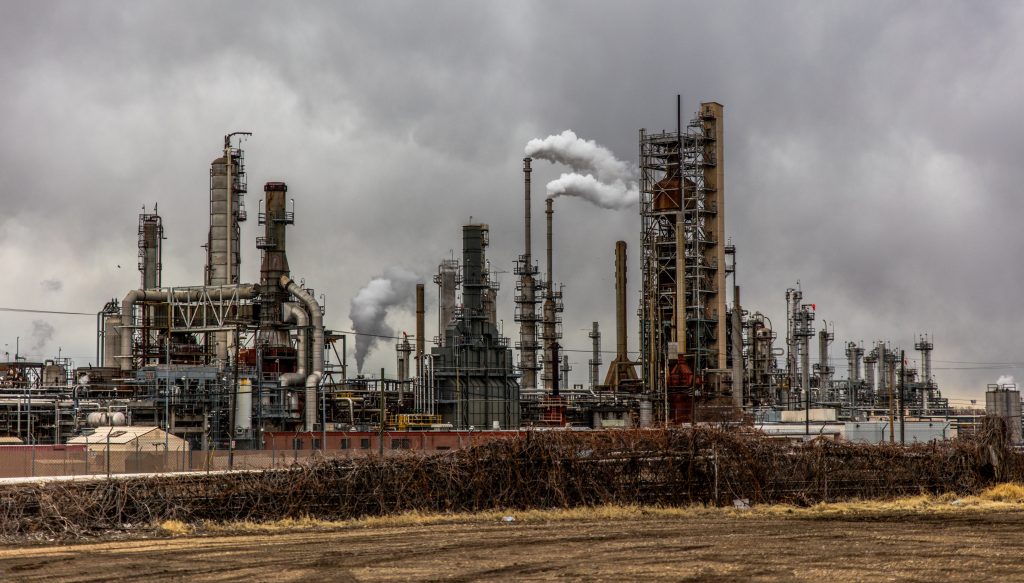
Collapsology: a way of rethinking our agricultural model
The current intensive and chemical agriculture is often criticized by collapsologists as one of the main reasons of resources depletion on earth, of the impoverishment of soils and of the pollution of ecosystems. Monoculture and the use of phytosanitary products are the designated culprits.
The author of the novel and initiator of collapsology Pablo Servigne advocates the anticipation and mutual aid of people to better cope with collapse if it ever occurs. Indeed, according to several scientific references and recent case studies such as natural disasters or terrorism, it has been observed that humans help each other when such events occur.
This observation therefore calls into question our agricultural model by rethinking the layout of cities (major consumers of food) and the production model reducing the use of inputs (chemical fertilizers, pesticides, other growing supplies …). There are already solutions such as local production on small surfaces with direct sales. Agroecology and permaculture are applicable approaches.
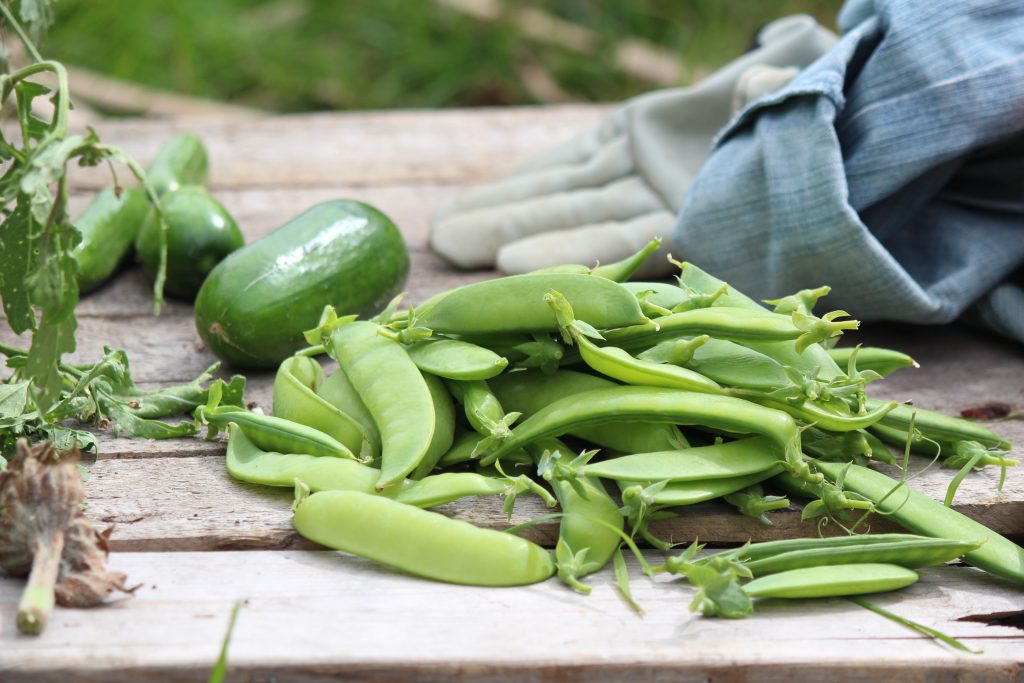
Study case: permaculture in Cuba
After the collapse of the USSR in 1990 and the American embargo, Cubans had no choice but to adapt to meet the demand for food in the cities. Urban agriculture and mutual help between neighborhood communities was a necessity in Cuba in the 1990s.
The will of the people and the political government (communist dictatorship) of the time were going in the same direction. This allowed a rapid profound change of the agricultural model in just a few years to ensure food self-sufficiency.
The use of permaculture principles and local labor has enabled Cubans to reduce their spending on agro-chemicals and show resilience.

How can farming using greenhouses help producing food for the community ?
We can take as an example the concept of Jean-Martin Fortier, a pioneer of so-called “intensive” organic vegetable production in Quebec, Canada. Indeed, it is possible to feed around 250 families per season with a minimum of inputs and machines. The community becomes self-sufficient with local seasonal fruits and vegetables.
In fact, optimization of space (open-field) is one of the keys to his system, as is the use of production greenhouses. The use of greenhouses will make it possible to extend production over longer periods or even cultivate over 4 seasons depending on the type of heating. In addition, by protecting crops from bad weather and pests. Moreover, it will be possible to cultivate plants that are more demanding and sensitive to the outside climate.
The main objective will be to reduce instability by protecting crops so that the community is less vulnerable to the approach of extreme climatic events which will become more frequent in the future.
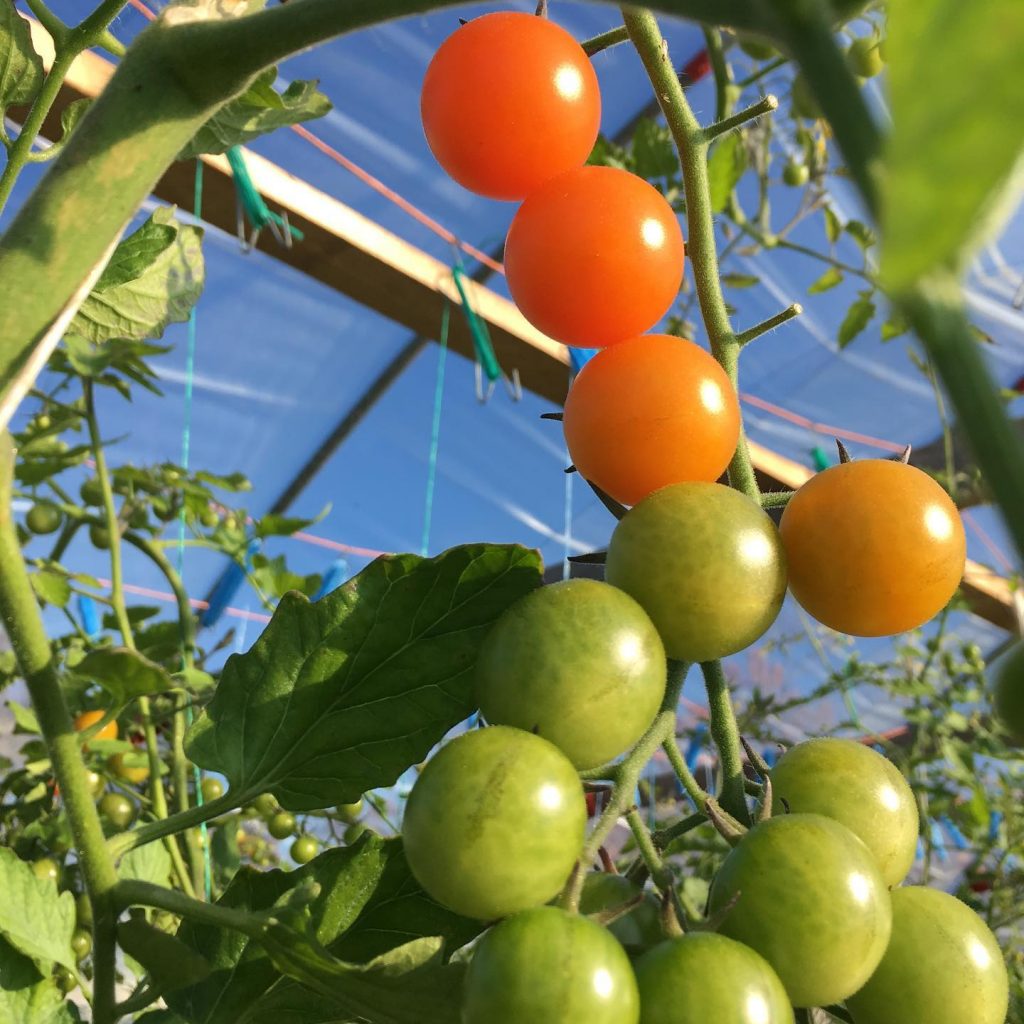
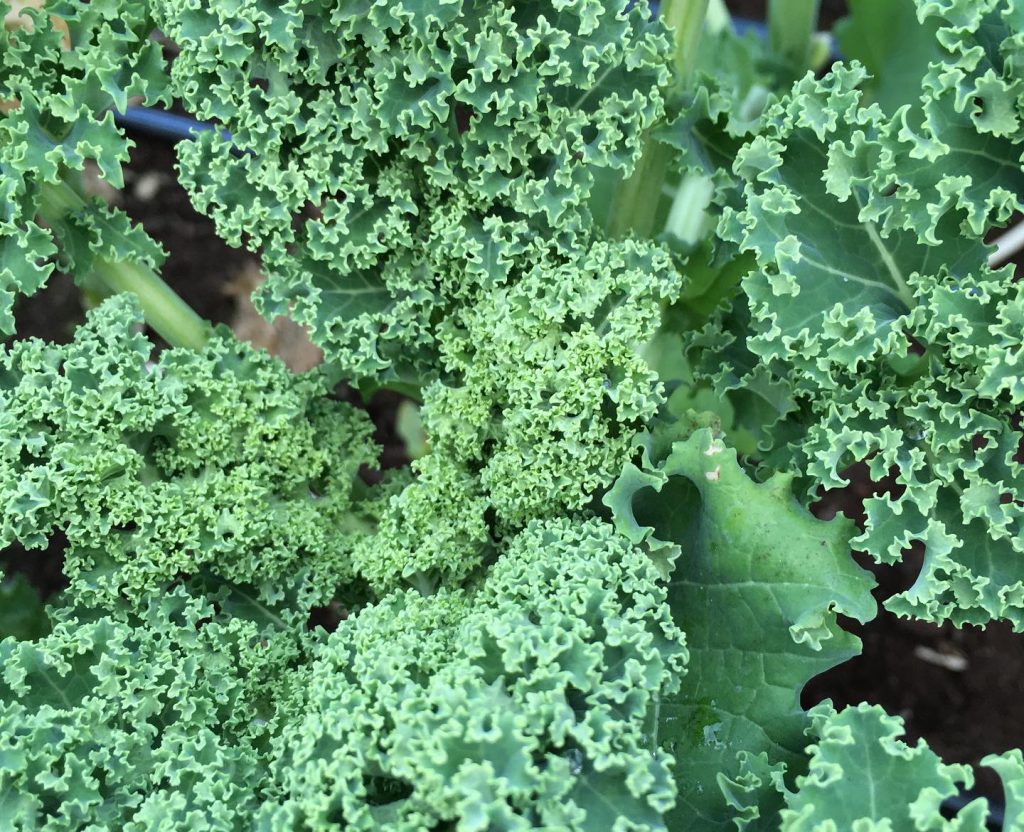
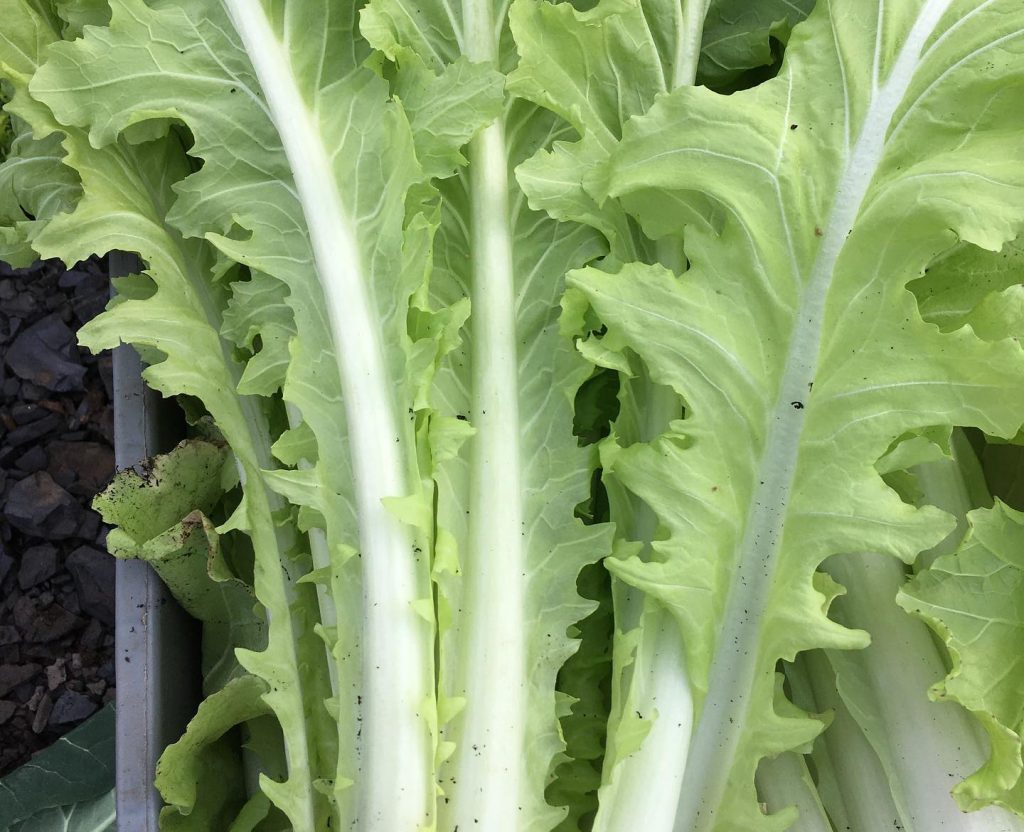
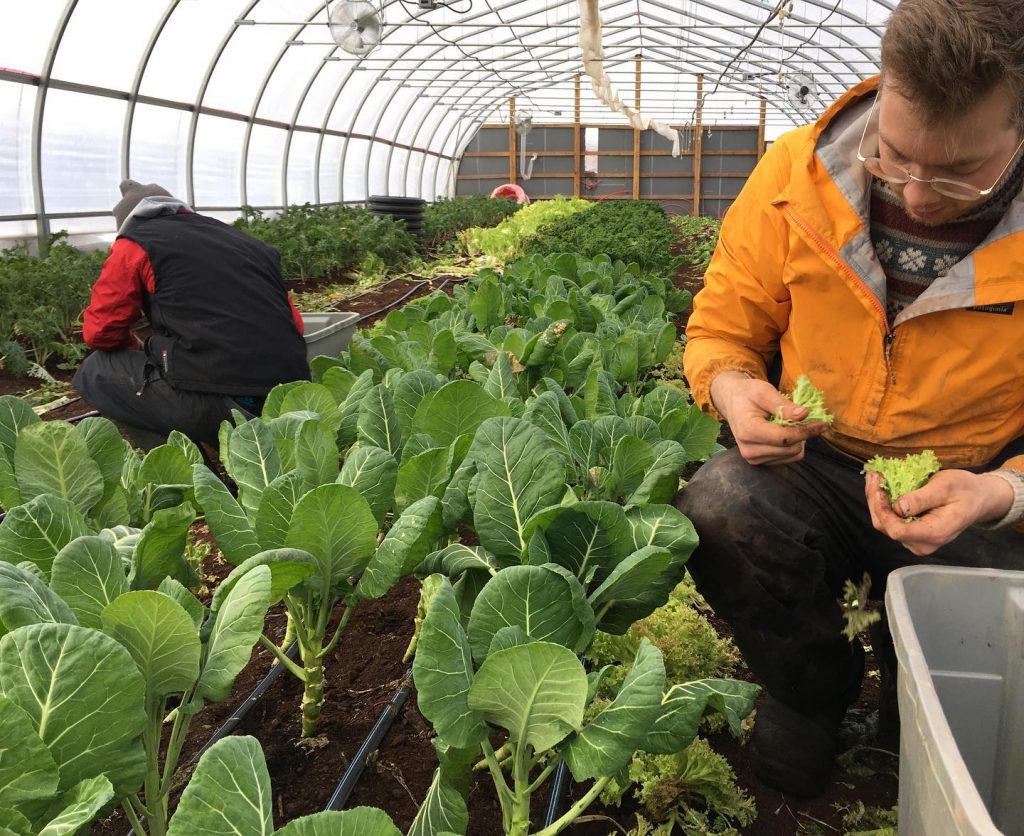
Bio-intensive cultivation in individual greenhouses (tunnel) in Nova Scotia, Canada.
Choosing the right crops to withstand the outdoor conditions of your project location will make it easier and greatly limit energy requirements.
In reality, after the collapse, the production and distribution of energy will not be the same. The promotion of low-techs and passive energy (greenhouse effect, ventilation, geothermal energy, etc.) will perhaps be the only options available for growing in a greenhouse.
Conclusion
Collapsology is a current of thought that is gaining more and more followers, especially since the recent international crisis like the Covid-19 or the blockage of a container ship on the Suez Canal paralyzing international trade … but that it will be the trigger for the “collapse” ? Will this ever happen?
Even if these questions question and provoke a deep philosophical reflection, there are already people who today have completely radically changed their lifestyle to prepare themselves… Many choose a return to the land in the countryside.
Greenhouses will be a tool for these neo-farmers to enable them to produce part of their production in a protected and controlled environment. However, the issue of plastic cover will arise (post-collapse) with initiatives to be found to recycle the surrounding waste … and the same for heating greenhouses in winter.
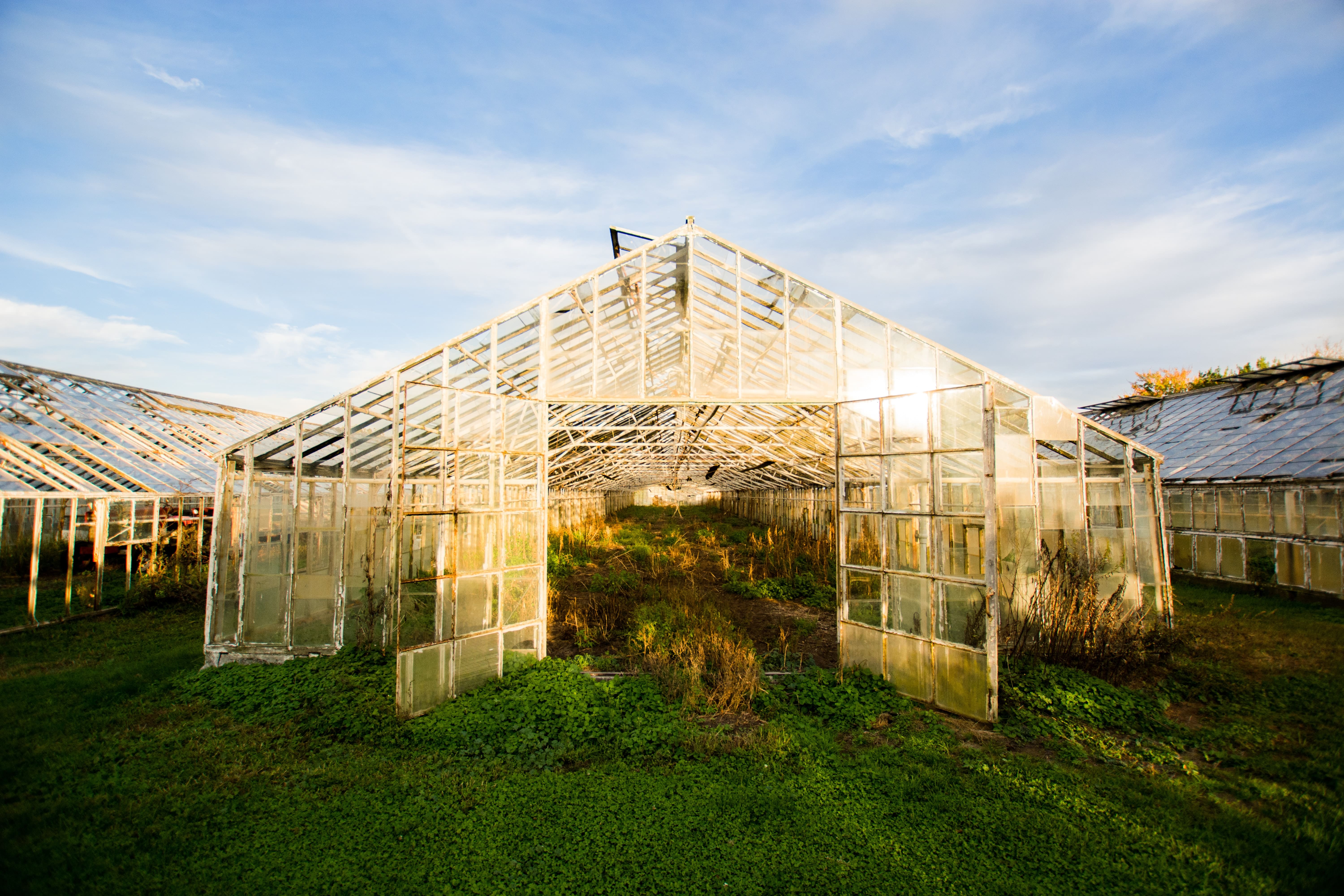
Sources:
Gauthier Chapelle, Pablo Servigne, Raphaël Stevens, Une autre fin du monde est possible — Vivre l’effondrement (et pas seulement y survivre), Le Seuil, 2018
Jean-Martin Fortier, un bienheureux jardinier-maraîcher (2021, RadioCanada) :
https://ici.radio-canada.ca/premiere/emissions/il-est-toujours-5h-quelque-part/segments/entrevue/340467/agriculture-serre-biologique-raisonnee-fortier-maraicher-jardinier?utm_source=Google&utm_campaign=AO-AUD-src-generic-dsa-radio-fr-qc&utm_medium=cpc&utm_term=
Joseph Anthony Tainter, The Collapse of complex societies, University Press, 1988.
Pablo Servigne et Raphaël Stevens, Comment tout peut s’effondrer — Petit manuel de collapsologie à l’usage des générations présentes, Le Seuil, 2015, p. 253.
Yves Cochet, Devant l’effondrement — Essai de collapsologie, Les Liens qui Libèrent, 2019, pp. 19–29
